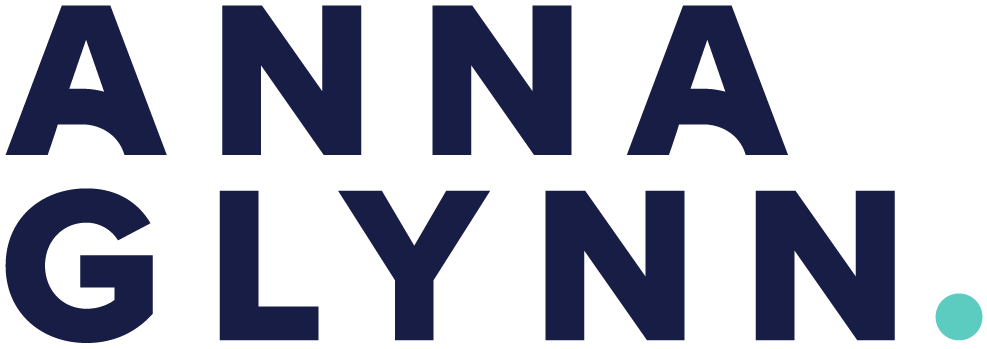With 69 days left in the year (yes, I had AI count for me), are you feeling drained or fatigued? If so, you’re not alone – many people I speak with share similar sentiments as the year starts to wind down. But, with over two months remaining, there’s still time to make a significant impact, achieve the results we want, and set ourselves up for even greater success in the New Year. While we can’t control how much time is left, what we can control is how we manage our energy to finish the year strong.
As Lisa O’Neil says in her latest book, “Energy cannot be seen, but the results of using energy can.” And it’s true – we have a choice every day on how we show up, who we give energy to, and where we choose to receive it. And these choices impact not only our outcomes but also how we feel at the end of each day.
Energy, particularly in the workplace, is heavily influenced by our relationships -regardless of whether you’re an introvert or extrovert. And since we typically spend most of our time with our colleagues, our working relationships should be energising. Yet, for many, that’s not the case. In fact, 98% of people have experienced incivility at work (Porath & Pearson, 2013), and ‘dealing with others’ was the number one struggle employees faced, according to The Wellbeing Lab’s State of Wellbeing in Australian Workplaces (2021).
While we can’t control others’ behaviour, we can control the energy we bring to others. And this is where the micro-interactions matter – smiling, being kind, or showing appreciation, can uplift and energise. These seemingly minor moments build emotional bank accounts with those we interact with, creating a more positive and engaged work environment over time. So are you an Energiser or a Drainer?
Who are the Energisers?
Energisers are the positive forces in a team. They are trustworthy and genuinely enjoy helping others. They see opportunities even in challenging situations and lift others up with their support, feedback, and optimism. They share information, offer mentoring, and make others feel valued and safe. By doing this, they not only light up rooms but create stronger, more meaningful connections.
Who are the Drainers?
Drainers, on the other hand, do the opposite. They criticise, withhold ideas, and make others feel judged or unsafe. They tend to focus on problems rather than solutions and often fail to keep their commitments. You know these people – the ones whose very presence drains your energy… While they might meet their targets in the short term, their long-term impact is toxic, creating environments where people feel depleted and unmotivated. These people are culture killers.

The Ripple Effect
The impact of Energisers and Drainers goes beyond individual interactions – they create ripple effects that shape team dynamics. While Energisers promote positivity, trust, and motivation, Drainers diminish morale and erode connection.
It’s important to regularly assess how your energy is being spent – are you nurturing relationships that fuel you, or wasting it on draining situations? The energy you bring to others often influences the energy you receive in return. Energisers attract positive, growth-oriented connections that foster resilience, while Drainers isolate themselves and drag the team down. If you’re surrounded by negativity, simple steps like taking a break or spending time with positive influences can help reclaim your energy. By regularly assessing how you invest your energy, you can maintain both productivity and wellbeing, especially as the year draws to a close.
For leaders, the choice is even more significant. Your energy doesn’t just affect you – it impacts your entire team. If you want a team of Energisers, it starts with you. Your behaviour sets the tone, and it’s up to you to foster positive, high-quality connections within your team. This includes making the tough decisions about who’s on your team – ensuring you have the right people in place, which means no ‘brilliant jerks.’ High performers who bring toxicity may deliver short-term results but will ultimately drag the entire team down.
Although many external factors can drain our energy, we can still reclaim it by focusing on our own behaviour and responses. Surrounding ourselves with others who uplift us (the Energisers) can also recharge our energy and keep us focused.
Every interaction we have, no matter how small, either boosts or drains our energy. In a world where energy is one of our most finite resources, we need to be intentional – both in how we show up and who we allow into our circle.
So, which will you choose – to be an Energiser or a Drainer? Your decision will have a ripple effect on everyone around you including you – so best to choose wisely.




